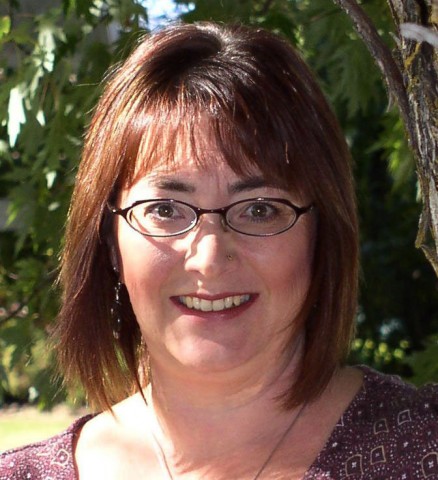Petition to council doesn't hold any weight
There seems to be a grumbling about town that the petition presented to Grand Forks city council requesting they stop talking about medical marijuana has been ignored. Regardless of the topic, it surprises me that anyone would expect elected officials to act on this petition.
First, protocol was severely ignored. If a person wants to get the attention of council to take an item under consideration it should have been presented as a delegation. Any requests for action by council should be a formal process and should give the council the opportunity to get information in advance of the presentation or ask staff to provide information. Even formal delegation’s requests are often not handled immediately. By presenting the petition at question period, resident Sylvia Treptow made it an item of correspondence, not an action item.
More importantly, I would have serious concerns if my elected officials took action on a request of only .03 per cent of the local population. And that is a generous number based on 152 signatures. But not everyone on the petition was even a resident of Grand Forks so, based on Councillor Christine Thompson’s evaluation of the petition, if 74 signatories were voting residents of Grand Forks the request represented only .018 per cent of the constituents of the councillors.
Yes, constituents. When we elect our city officials, we are asking them to represent us in matters that impact our local area. While the impact may also be felt in near-by areas, our elected officials represent only their constituents – the people who are legal voters of Grand Forks.
So, even if some of the signatures on the petition are nearby residents, they do not have a say on the action of our council. And we do not give direction to their elected representative either. That’s the rules.
But to expect council to accept the advice of people from Vernon, Alberta, and other places in B.C., that is completely unreasonable.
If the group behind the petition truly wanted it to be heard and acted upon, they should have developed a more formal process in collecting signatures. At the provincial level it would require 10 per cent of the voting population on a registered petition to cause government to take action and at least respond. And even then it could mean a referendum to determine government’s next steps.
We can’t expect our local government to jump every time a few people say jump. We can expect to be heard and encourage debate among our representatives, but unless a group comes forward with significant backing they certainly cannot expect our officials to take major action without the approval of the rest of their constituents.
Perhaps the anti-medical marijuana group should have aimed at the provincial standard. It would have certainly held more weight at council and with the rest of the community.






















